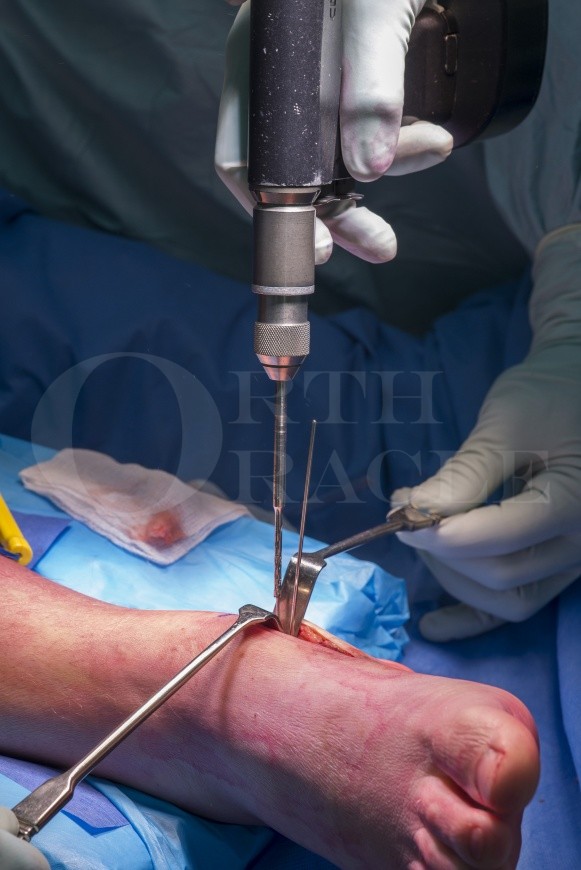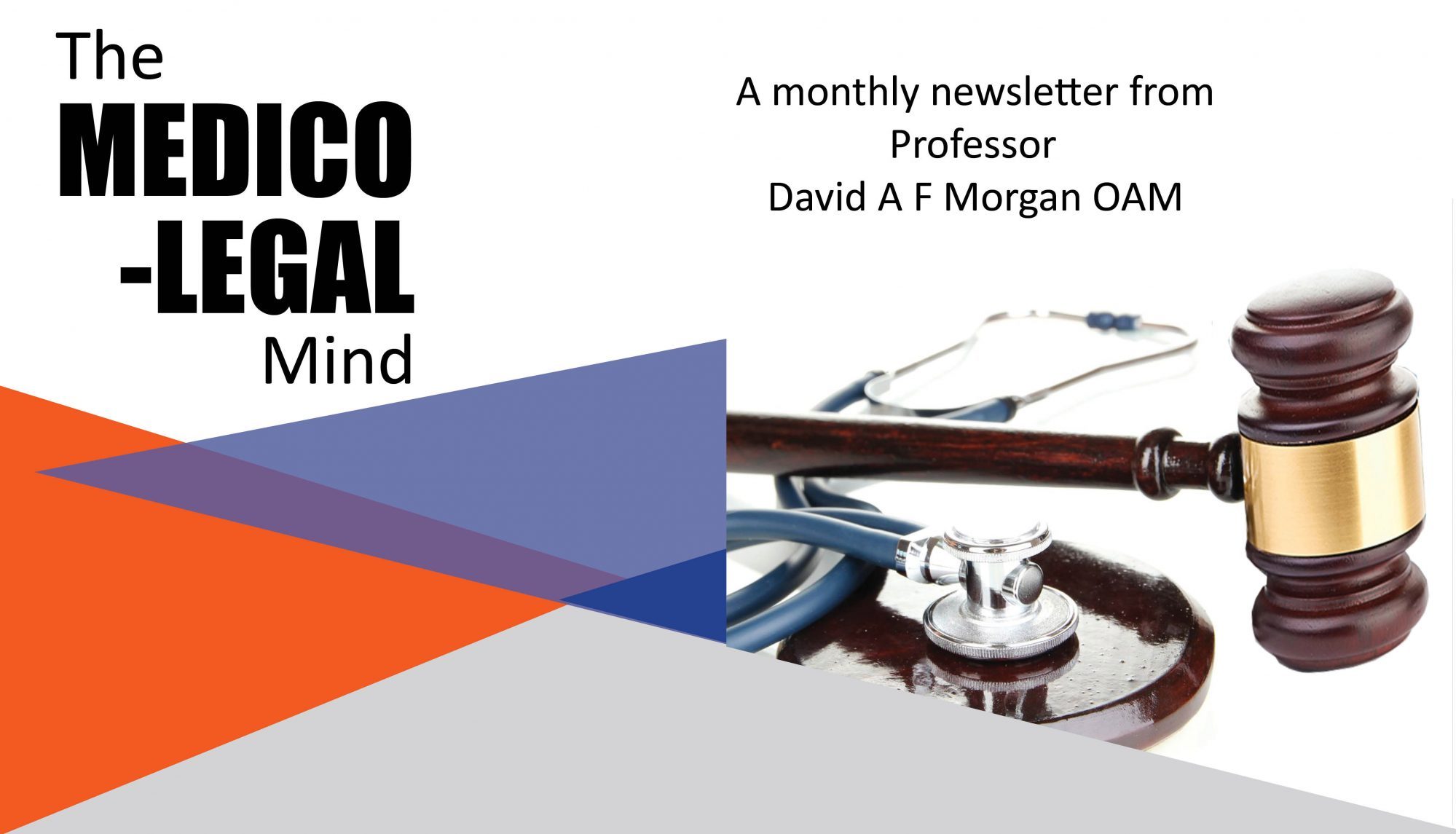General Advice – April 2021
The Wrong Direction
I am seeing an increasing number of cases of alleged negligence. I suspect that is because I am older, have a special interest in the area and am prepared to call it as I see it. I do not believe it is because the numbers of negligence per se are increasing.

I have written previously about the very important difference between a complication and a negligent act on the part of the Surgeon. Non-medically trained plaintiffs often have difficulty seeing the difference.
I recently saw a case where the patient had undergone a so-called open reduction and internal fixation of a fracture around the ankle joint. A subsequent infection necessitated multiple further operative procedures and a very undesirable long-term destruction of the joint. The plaintiff’s solicitor had the malpractice gun pointed squarely at the original service provider.

In reality, the initial treatment, including the operative fixation of the fracture, was excellent. It was beyond reproach.
The patient had been discharged from the care of that initial hospital and returned to another State. Ten days following the operative intervention, the patient presented to a hospital in his home city with symptoms and signs consistent with an infection. For reasons that beggar belief and are beyond comprehension, that hospital sat on the patient for six whole days before the penny dropped. It was the Infectious Diseases Physician who suggested to the Orthopaedic Department that the patient may require operative drainage and lavage of the ankle joint.

Needless to say, the joint was irreparably damaged, not by the original injury, but by the aftermath of the unrelenting sepsis that ensued.
It occurred to me that there had been some serious under-performance on the part of the second Orthopaedic Unit. Whilst the plaintiff’s original action was misdirected, cogent advice resulted in the legal action being more appropriately directed.

The message? Good orthopaedic advice, obtained early, can help differentiate between complications and negligence, and also properly direct legal action should it be required.
